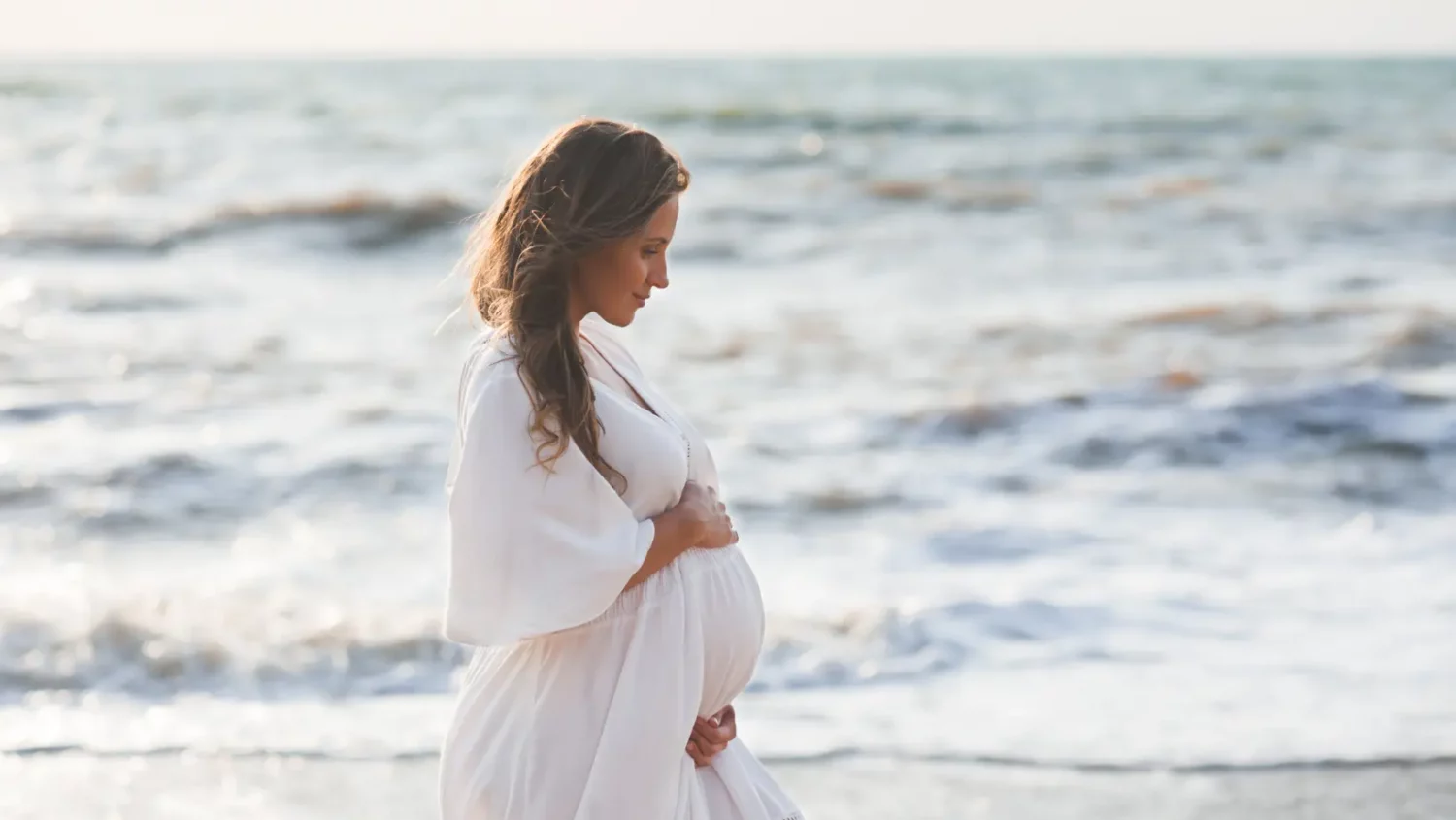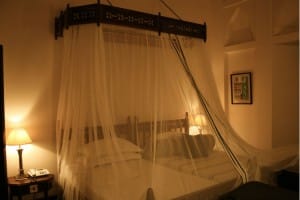If you would like to learn about recommendations, go to Official Recommendations for the Zika virus.
There are many ways to protect yourself from insect bites. Here are suggestions from the Government of Canada to better protect yourself from bites from mosquitoes infected with Zika. From this list of precautions, in case of pregnancy, you must request products specifically recommended for you from your health professional.
1) Cover up:
Wear long-sleeved pale coloured shirts tucked into your pants, shoes (avoid sandals) and a hat. In places infected with ticks, you can also close your pant legs with tape or tuck them into your socks, your shoes or your boots.
2) Apply repellant on your exposed skin:
- In Canada, DEET or icaridin based repellants (also called picaridin) are the most effective.
- Follow the manufacturer’s indications.
- Make sure that products are approved before using them on children and avoid applying repellants to their hands.
- Don’t apply repellants to irritated skin, cuts and scrapes.
- Avoid spraying repellants directly on the face.
- Wash your hands after application to avoid contact with lips and eyes.
- It’s not recommended to use products that include both a repellant and sunscreen.
- However, if you use sunscreen and a DEET based repellant, first apply the sunscreen and let it penetrate the skin for about 15 minutes before applying the repellant.
- If you travel in regions where the risk of insect-borne illnesses is high, repeatedly apply the repellant as needed. If a mosquito bites you and the period indicated on the label hasn’t ended, it’s recommended that you apply a new layer of repellant.
- If you reduce to a minimum the amount of repellant used, apply it during the period of the day when insects are most active and when you’re more likely to be exposed.
- Stay in places where openings have screens or in closed air-conditioned spaces.
- Avoid staying in dwellings made of mud, adobe or peat (sticks or plant leaves used for the roof).
4) Sleep under a mosquito net which has been treated with insecticide:
- Ensure that the mosquito net is intact (no rips).
- Tuck the mosquito net under the mattress.
- Make sure that the net doesn’t touch you (if not, you can be bitten through the net).
- Use the net to protect young children when they’re in a baby crib, cradle or stroller.
5) For better protection, apply permethrin-based repellants on your clothes and other travel accessories:
- Permethrin isn’t sold in Canada, but Santé-Voyage clinics can tell you how to buy it or pre-treated materials before your travels.
- Treating clothing with permethrin is effective for several washes.
- If you treat your clothing yourself, please follow the product’s instructions attentively.
- Avoid spraying permethrin directly on your skin.
To prepare for your return from your travels, read the entry The Return Home.



